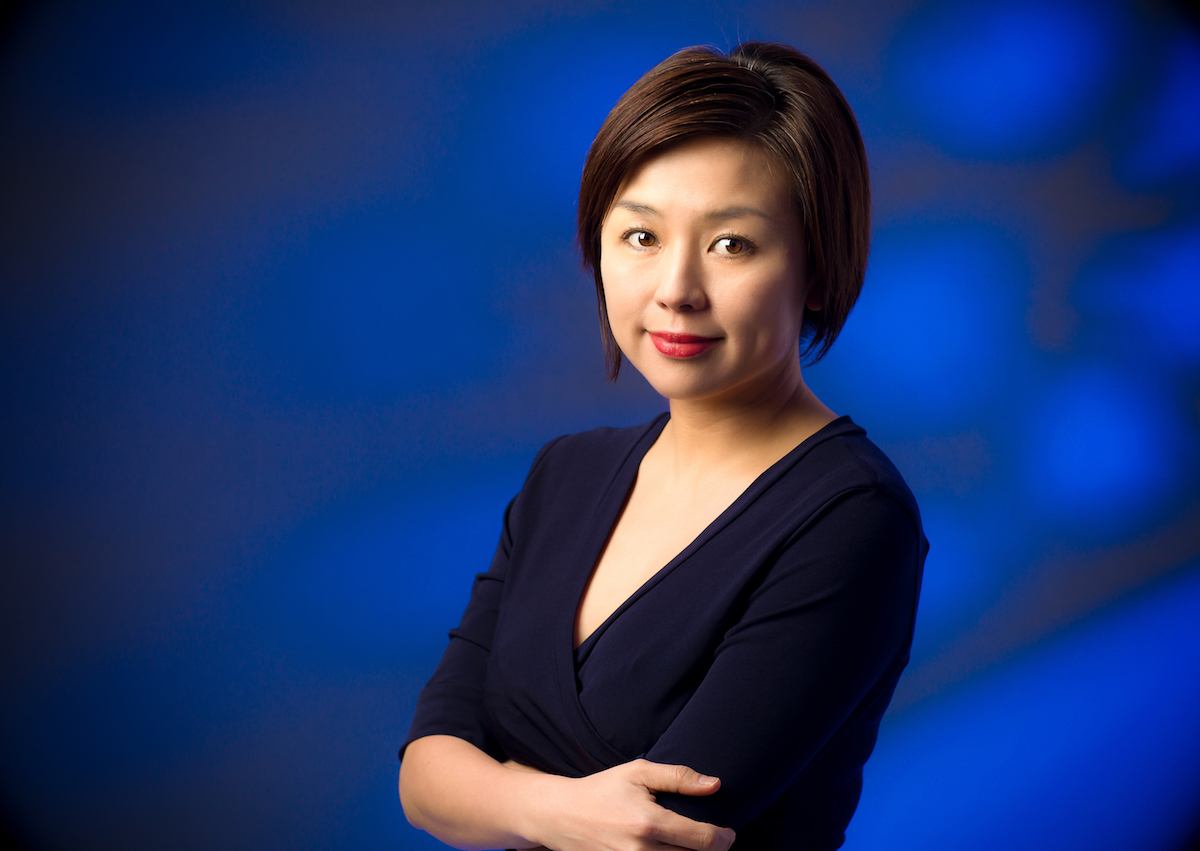
Edith Yeung. Photo credit: 500 Startups.
500 Startups, one of the world’s most active investors in very young tech companies, today announced the appointment of Edith Yeung as the new boss of its China unit.
Edith replaces Rui Ma, who ran the show across mainland China, Hong Kong, and Taiwan since 500 Startups first entered the region in 2013. Like her predecessor, Edith has a mix of corporate, startup, and investing experience.
The appointment means Edith will have to split her time between China and San Francisco, where she was running 500 Startups’ Mobile Collective fund.
“I’ll be back in China in March,” Edith says. She’ll visit Hong Kong – where she was born – and then ponder where to set up base for this new role.
Squad goals
It won’t be an easy job in a nation with well over a million startups and where new firms and tech giants alike are scattered across the map.
“I think, probably, 60 to 70 percent of my time will be actively working with our existing portfolio companies,” Edith tells Tech in Asia, to help them grow, form partnerships, make money, and raise follow-on funding. That means both Chinese startups as well as overseas ones that have potential to do well in the Chinese market.

Edith Yeung with 500 Startups co-founder Dave McClure (left) and Vishal Harnal, partner of 500 Durians Fund (right).
500 Startups, started back in 2010 in Silicon Valley, has 1,700 tech firms in its portfolio, of which three have metamorphosed into “unicorns” worth over a billion bucks, and 40 are now valued at just over US$100 million.
“The 40 companies are the ones we will focus on. Most of them have already raised series A, B. They’re doing substantial revenue in non-China markets. Those ones are in the sweet spot. We want to work with them […] and bring them to China, have conversations with local partners,” explains Edith.
She also has a blacklist of what to avoid.
In China’s tough and bewildering tech industry, a Chinese partner is a common option for overseas firms. In Edith’s view, that partner might be a local tech giant – Baidu, Alibaba, Tencent, et al. – who could also invest as part of the cooperation. And 500 Startups would consider joining in on this follow-up funding.
See: China’s startups hit by dramatic funding slowdown
“Sometimes, after talking to local partners, they realize China is not the place for them. That could happen too. So I think the key exercise to make cross-border companies successful is we really need to psyche them up – mentally ready – so the CEO knows they really need to set up a local team. I don’t think ‘helicopter style’ to build a team is possible,” she adds.
“I will be really, really happy in 2017 if we have like two or three, or even one or two, that actually make a mark – that [can say] ‘yup, now we are doing something in China,'” Edith says.
The rest of her time will be spent on hiring for deal sourcing, scouting for new companies in the area to invest in, and talking to potential limited partners who might want to invest in the fund.
Going global
All that talk about cross-border expansion mirrors Edith’s own time at Dolphin Browser, one of the earliest Chinese startups to have overseas success with a mobile app. She ran business development at Dolphin Browser and was the first hire to aid in expanding beyond mainland China. The app had 50 million users across 200 countries by the time it was acquired by a huge Chinese gaming company in 2014.

Edith Yeung onstage. Photo credit: Yiying Lu’s Facebook.
“For me, the Dolphin experience is definitely the most relevant,” she says. “Our team was split between Beijing, Wuhan, and San Francisco. The setup was going after US, international markets, but at the same time the product and engineering was done in China.”
“So personally I’ve been through the cross-border [thing], making a team actually work between different cities and different timezones, and going after a market where the product team is not from.”
She also has investing chops from her co-founding of California-based RightVentures in 2011. Like 500 Startups, the VC focused mainly on seed investments.
What people want
Aside from all the mentoring and matchmaking that Edith has planned for the China role, she also has in mind four important arenas wherein 500 Startups’ portfolio teams from overseas can have an impact in China – education, entertainment, healthcare, and AI.
The Silicon Valley VC has 1,700 firms in its portfolio.
114 million people in China have diabetes, Edith points out, citing the International Diabetes Federation, indicating that her investment focus will be guided by data on what Chinese consumers or businesses want and need.
She also has a blacklist of what to avoid: utility apps (you know, things like battery savers and anti-virus for your phone), music apps, and – she laughs – mobile web browsers.
Her native Hong Kong will not be forgotten, despite it often being overshadowed by mainland China’s tech industry, which pulled in US$56 billion in disclosed investments in 2016, up from US$45 billion the year prior.
Hong Kong, after all, punches well above its weight, seeing just over US$500 million in tech funding in 2016, according to the Tech in Asia Database. That puts the sprawling city of 7.2 million people well ahead of South Korea and not far short of Japan.
500 Startups has 10 investments in Hong Kong, the most well-known being the mischievous meme-ers at 9gag.
(Update 12 hours after publishing: A line about Edith leaving San Francisco is now amended.)
See: 9gag’s Ray Chan: ‘We were crazy, but not crazy enough to think it would grow this big’
This post What 500 Startups’ new China boss has on her wishlist appeared first on Tech in Asia.